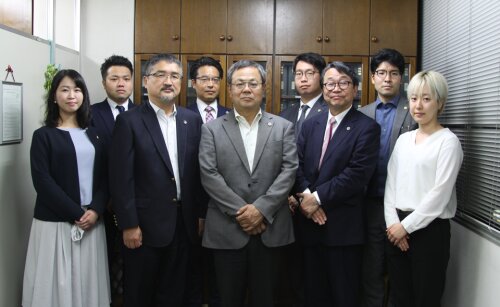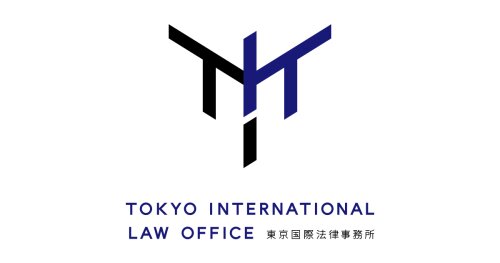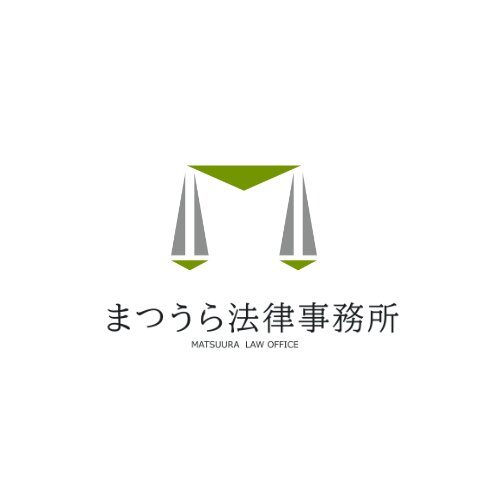Best General Litigation Lawyers in Japan
Share your needs with us, get contacted by law firms.
Free. Takes 2 min.
Or refine your search by selecting a city:
List of the best lawyers in Japan
About Litigation Law in Japan
Litigation in Japan is a formal legal process where disputes are resolved in court. Unlike some Western countries, Japan places a strong emphasis on dispute resolution through negotiation and compromise before resorting to litigation. When court intervention becomes necessary, cases typically start in district courts and may proceed through appellate courts if needed. The Japanese legal system, influenced by both civil law traditions and its unique cultural context, relies on a controlled adversarial system with judges playing an active role in proceedings.
Why You May Need a Lawyer
There are several scenarios where you may require the assistance of a lawyer specializing in litigation in Japan. These include commercial disputes, contract breaches, family law issues such as divorce or custody battles, employment disagreements, and personal injury claims. If you find yourself embroiled in such legal conflicts, a lawyer can provide vital advice on the likely outcomes, mediation possibilities, and the litigation process itself.
Local Laws Overview
The Japanese legal system is composed of several key components relevant to litigation, such as the Civil Code, the Code of Civil Procedure, and various specialty laws. One notable aspect is the widespread use and enforcement of mediation and arbitration, often encouraged by courts to settle disputes amicably. Another significant feature is the relatively low rate of litigation compared to other countries, attributed to the high cost, lengthy processes, and cultural predilections towards harmony and consensus.
Frequently Asked Questions
What is the typical duration of a litigation process in Japan?
The duration can vary, but district court cases often take one to two years. Progression through appellate courts can extend this timeline further.
What are some alternatives to litigation in Japan?
Alternatives include mediation and arbitration, which are widely practiced in Japan as pre-litigation steps to resolve disputes amicably.
Do I have to be present at all court proceedings?
While personal attendance is generally expected in significant hearings, your lawyer can represent you in certain procedural steps.
How can I find a competent litigation lawyer in Japan?
Seeking recommendations from associations such as the Japan Federation of Bar Associations could be a good starting point.
Is litigation expensive in Japan?
Yes, the cost of litigation can be high due to attorney fees, court costs, and potential settlement payments. Exploring alternative dispute resolutions is often recommended to manage costs.
How are attorney fees structured?
Fees in Japan are often based on hourly rates, fixed rates for specific tasks, or contingency fees for certain types of cases.
Are there any language barriers in Japanese courts?
Legal proceedings are conducted in Japanese, so non-native speakers may require translation services for a proper understanding and participation.
Can a foreign entity litigate in Japan?
Yes, foreign entities can litigate in Japanese courts, provided they comply with jurisdictional requirements and legal procedures.
What is the role of a judge in Japanese litigation?
Judges in Japan often take a proactive role, ensuring that proceedings are conducted efficiently and sometimes encouraging settlements.
Can I appeal a court decision?
Yes, parties dissatisfied with a decision can file an appeal to higher courts, under specific conditions and legal grounds for appeal are met.
Additional Resources
For more information, you can contact the Japan Federation of Bar Associations, or consult local legal aid centers for assistance. Governmental bodies like the Ministry of Justice may also provide guidance on litigation and dispute resolution options.
Next Steps
If you need legal assistance in litigation, begin by consulting a qualified lawyer experienced in Japanese law. Prepare documentation relevant to your case and discuss potential legal strategies. To find a lawyer, you might explore bar association directories or request referrals from acquaintances or business contacts familiar with legal professionals in Japan.
Lawzana helps you find the best lawyers and law firms in Japan through a curated and pre-screened list of qualified legal professionals. Our platform offers rankings and detailed profiles of attorneys and law firms, allowing you to compare based on practice areas, including General Litigation, experience, and client feedback.
Each profile includes a description of the firm's areas of practice, client reviews, team members and partners, year of establishment, spoken languages, office locations, contact information, social media presence, and any published articles or resources. Most firms on our platform speak English and are experienced in both local and international legal matters.
Get a quote from top-rated law firms in Japan — quickly, securely, and without unnecessary hassle.
Disclaimer:
The information provided on this page is for general informational purposes only and does not constitute legal advice. While we strive to ensure the accuracy and relevance of the content, legal information may change over time, and interpretations of the law can vary. You should always consult with a qualified legal professional for advice specific to your situation.
We disclaim all liability for actions taken or not taken based on the content of this page. If you believe any information is incorrect or outdated, please contact us, and we will review and update it where appropriate.
Browse general litigation law firms by city in Japan
Refine your search by selecting a city.














